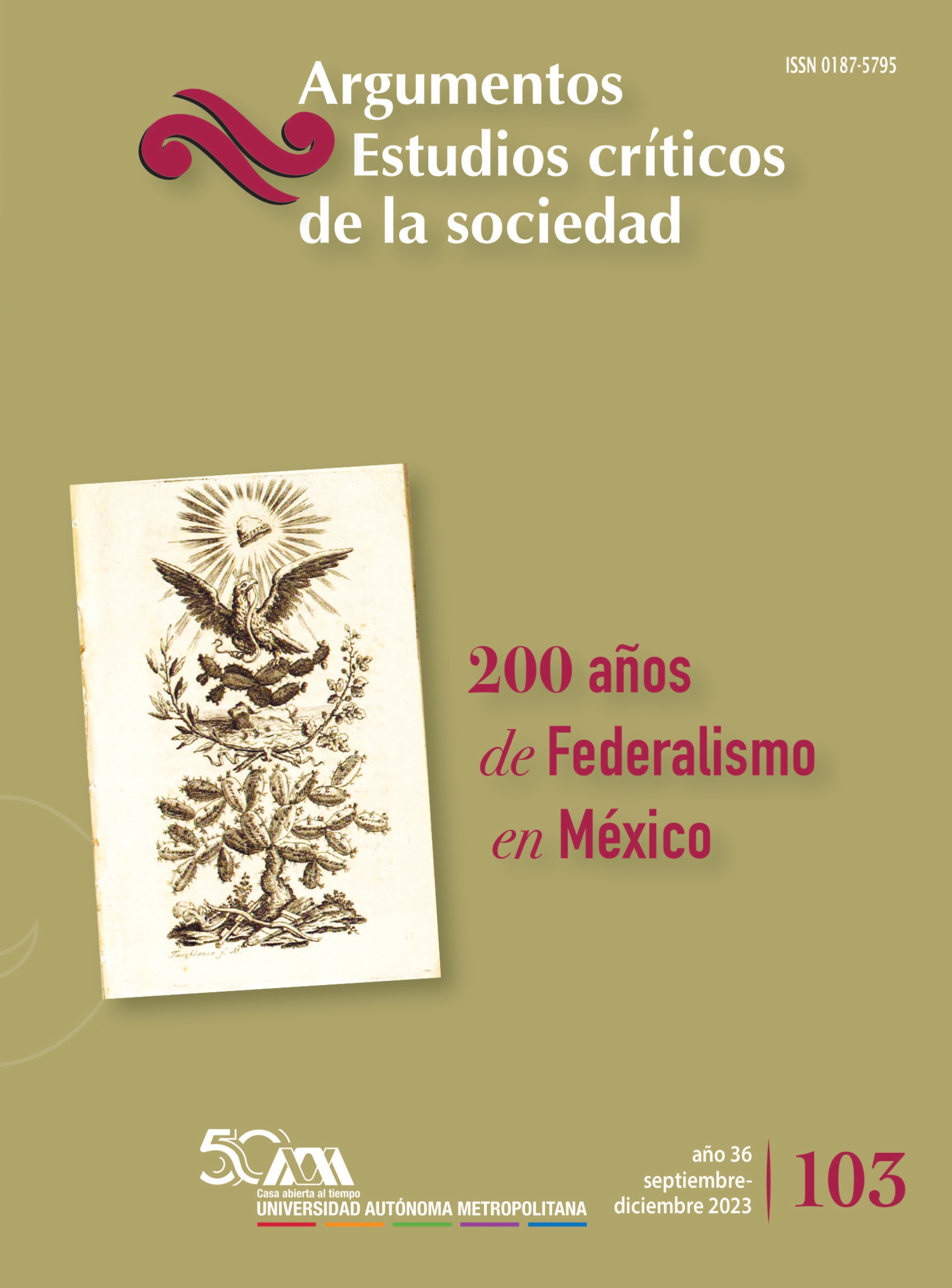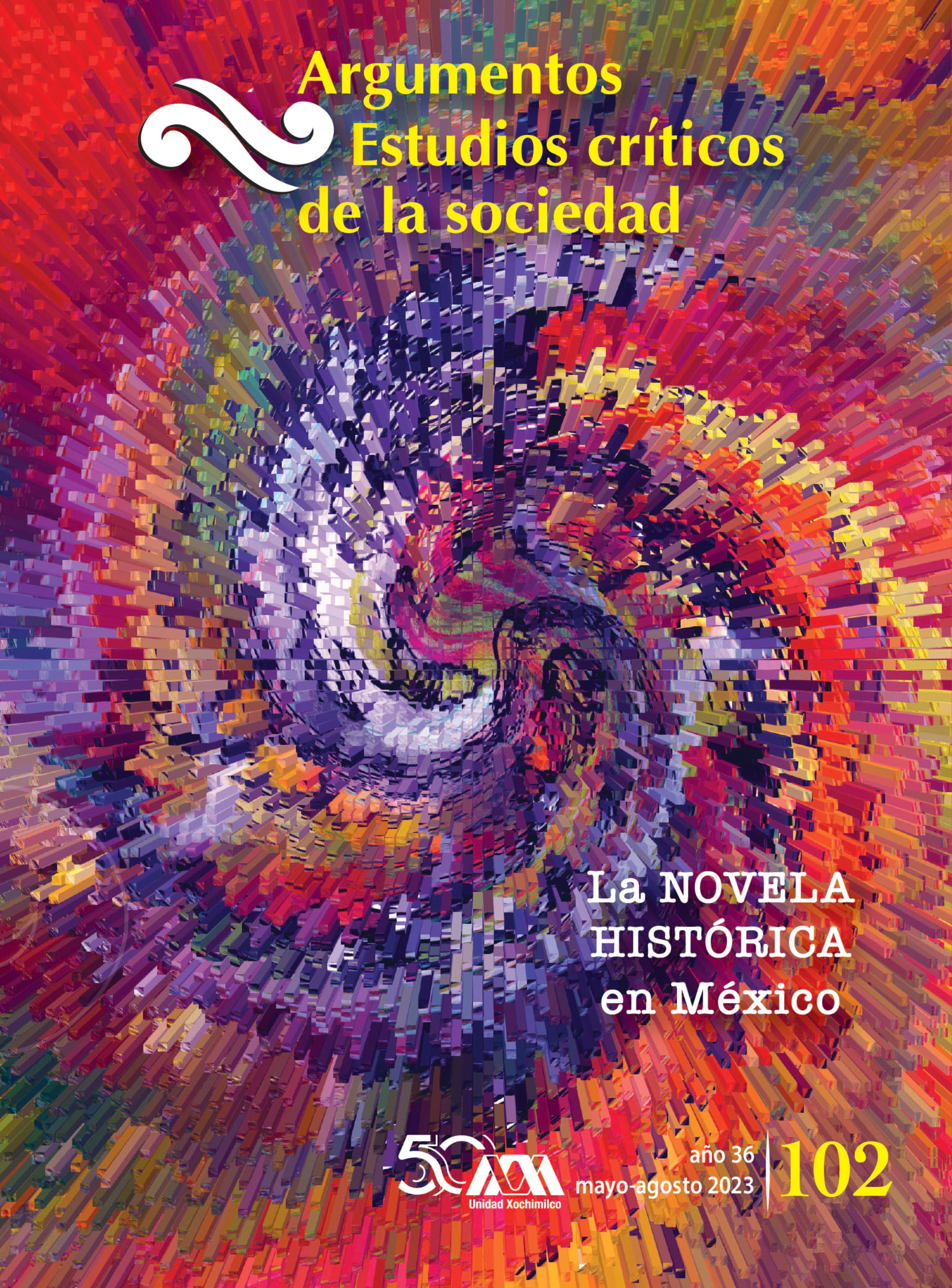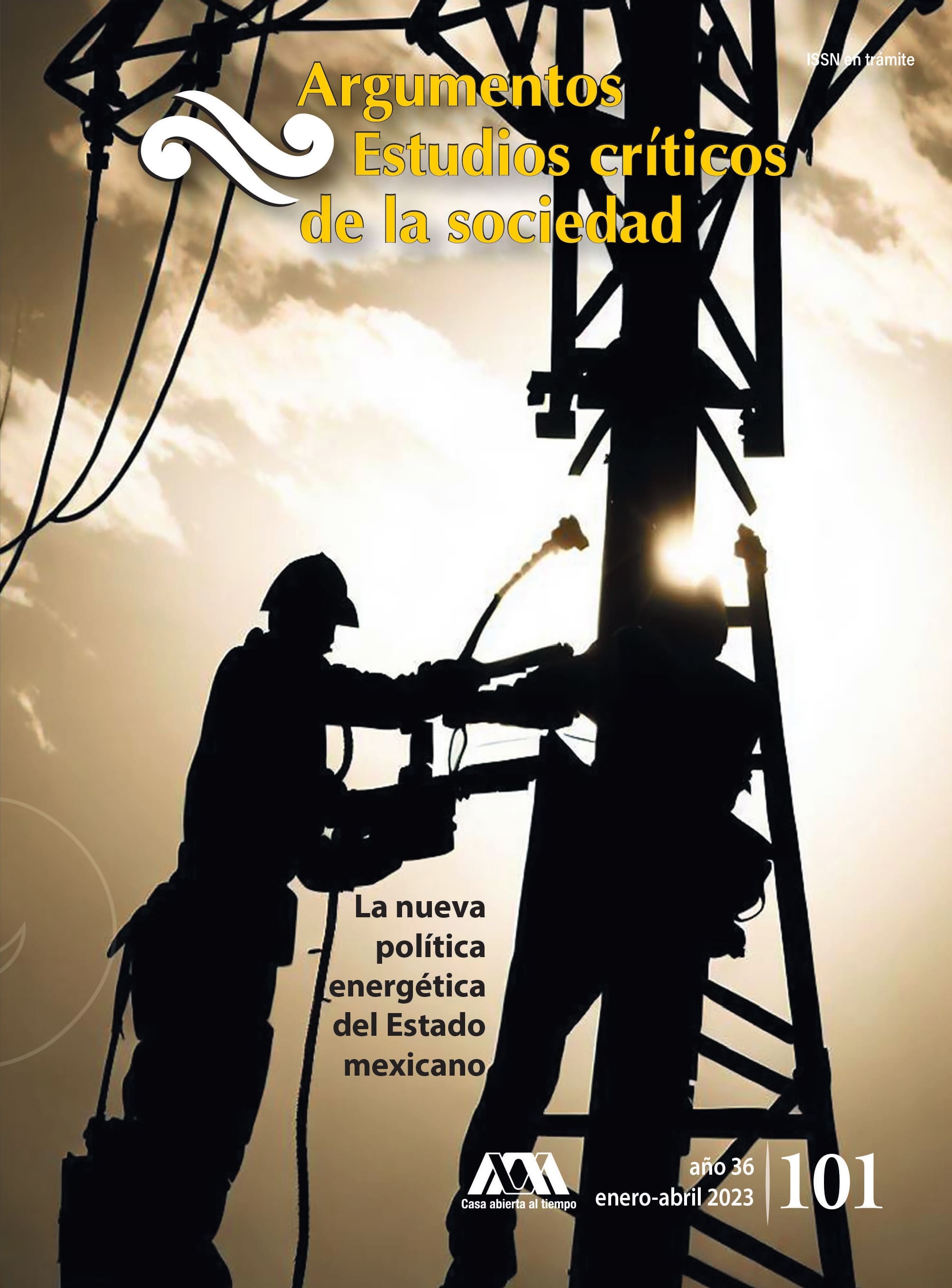Memoria colectiva y desastres.
Implicaciones psicosociales y subjetivas del terremoto de Nicoya, Costa Rica
Keywords:
colective memory, disasters, psico-social, subjectivity, comunityAbstract
This paper aims to share the results of a research project called “Chronicle of an earthquake: the reconstruction of the collective memory of the September 5, 2012 Nicoya earthquake”, in one of the geographical areas of the overall project. The project worked with communities in the Santa Cruz and Nicoya areas in the Guanacaste province, and Cóbano in the Puntarenas province in Costa Rica. The objective was to understand the psychosocial and subjective implications before, during and after the September 5, 2012 earthquake in the oldest communities. The project was done through the reconstruction of collective memory, where communities reflect and give meaning to their own experience, linking the past, present and future; to understand the psychosocial processes that were put into play with an event that was expected more than 10 years ago, according to geological studies. As research techniques group devices, interviews and informal conversations were used. Thus, this space will address the main reflections generated in the Santa Cruz district in communities such as Lagarto, San Juanillo, and Ostional. Some of the main results have been: the existence of local knowledge about events and their periodicity, which are far from “scientific” knowledge; secondly, the announcement did not generate preventive organizational actions but only emergency care; and finally, the subjective and psychosocial implications are still evident today due to the fear of a new event, however other daily concerns such as employment and poverty step ahead of them. In this way, the process generated with the communities raises that, the announcement of an earthquake did not have positive consequences in the organization and the preparation of the event, due to the different psychosocial situations analyzed here.
References
Briones, Fernando (2005). “La complejidad del riesgo: breve análisis transversal”, Revista de la Universidad Cristóbal Colón, núm. 20, enero-junio.
Baz, Margarita (1996). Intervención grupal e investigación. México: UAM.
Canales, Manuel (2006). Metodologías de investigación social. Santiago: Lom Ediciones.
Castel, Robert (1984). La gestión de los riesgos. De la anti-psiquiatría al postanálisis. Barcelona: Editorial Anagrama.
Foucault, Michel (2011). Seguridad, territorio, población. Buenos Aires: Fondo de Cultura Económica.
García, V. (2005). “El riesgo como construcción social y la construcción social de riesgos”, Revista Desacatos, núm. 19, pp. 11-24.
González, F. (2007). Investigación cualitativa y subjetividad. Los procesos de construcción de la información. México: McGraw-Hill Interamericana Editores.
Halbwachs, M. (1995). “Memoria colectiva y memoria histórica”, Revista Española de Investigaciones Sociológicas, núm. 69.
Linkimer, Lepolt, Ivonne Arroyo, Mauricio Mora, Alberto Vargas, Gerardo Soto, Rafael Barquero, Wilfredo Rojas, Waldo Taylor y Magda Taylor (2013). “El terremoto de Sámara, Costa Rica, del 5 de setiembre de 2012”, Revista Geológica de América Central, núm. 49.
Manero, Roberto y Marisela Soto (2005). “Memoria colectiva y procesos sociales”,Enseñanza e Investigación en Psicología, 10(1).
Robles, Mariana, Rafael Reygadas, Hugo Escontrilla, Fabiola Cruz, Teresa Hernández, Denisse Villegas, Sara Neria y Rocío Toledo (2011). “Memoria colectiva y creación subjetiva: la lucha ambiental del movimiento ¿Todos Somos Zimapán?”, Política y Cultura, núm. 36, México, UAM-Xochimilco.
Robles, Mariana y Marisela Soto (2009). “De inspiraciones y aspiraciones. Memoria y sentido de la lucha en Atenco”, Veredas. Revista del pensamiento sociológico, número extraordinario.
Salazar, C. (2003). “Dispositivos: máquinas de visibilidad”. Anuarios de Investigación.
Wilches-Chaux, Gustavo (1998). Auge, caída y levantada de Felipe Pinillo, mecánico y soldador, o yo voy a correr el riesgo. Guía de la RED para la Gestión Local del Riesgo. Quito: Delta.







